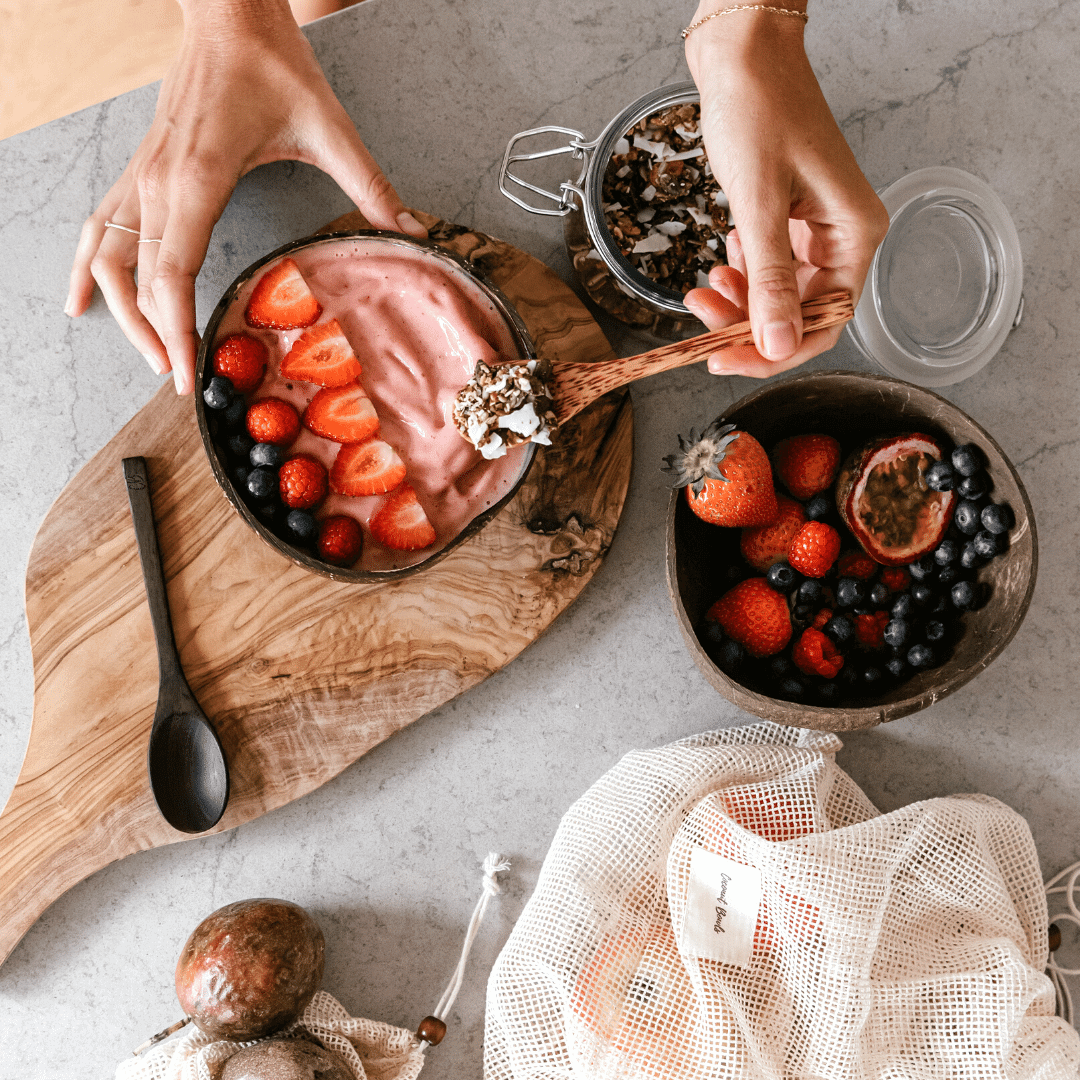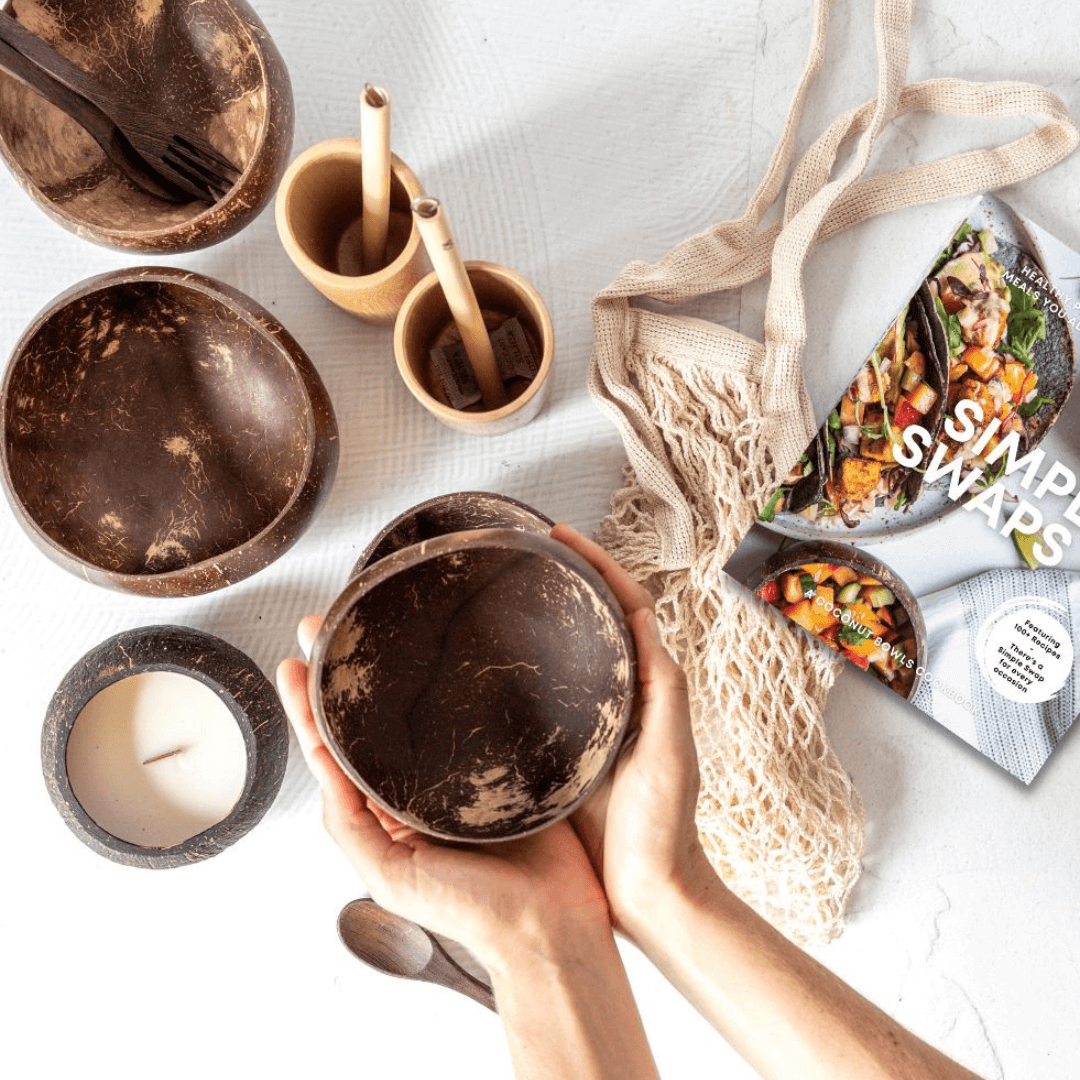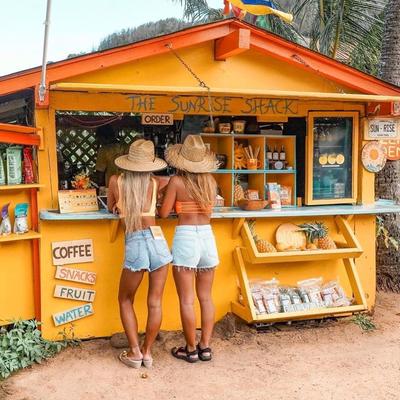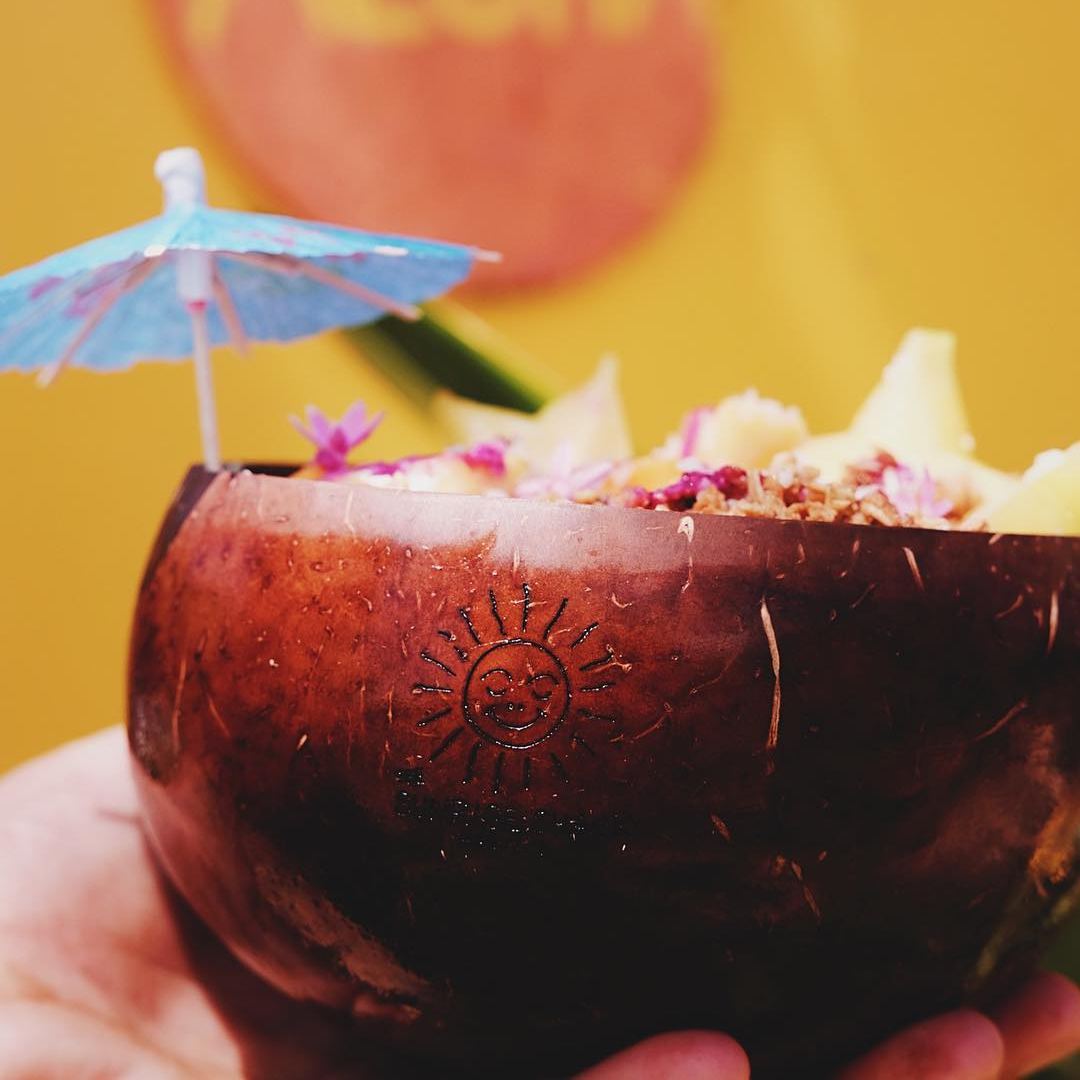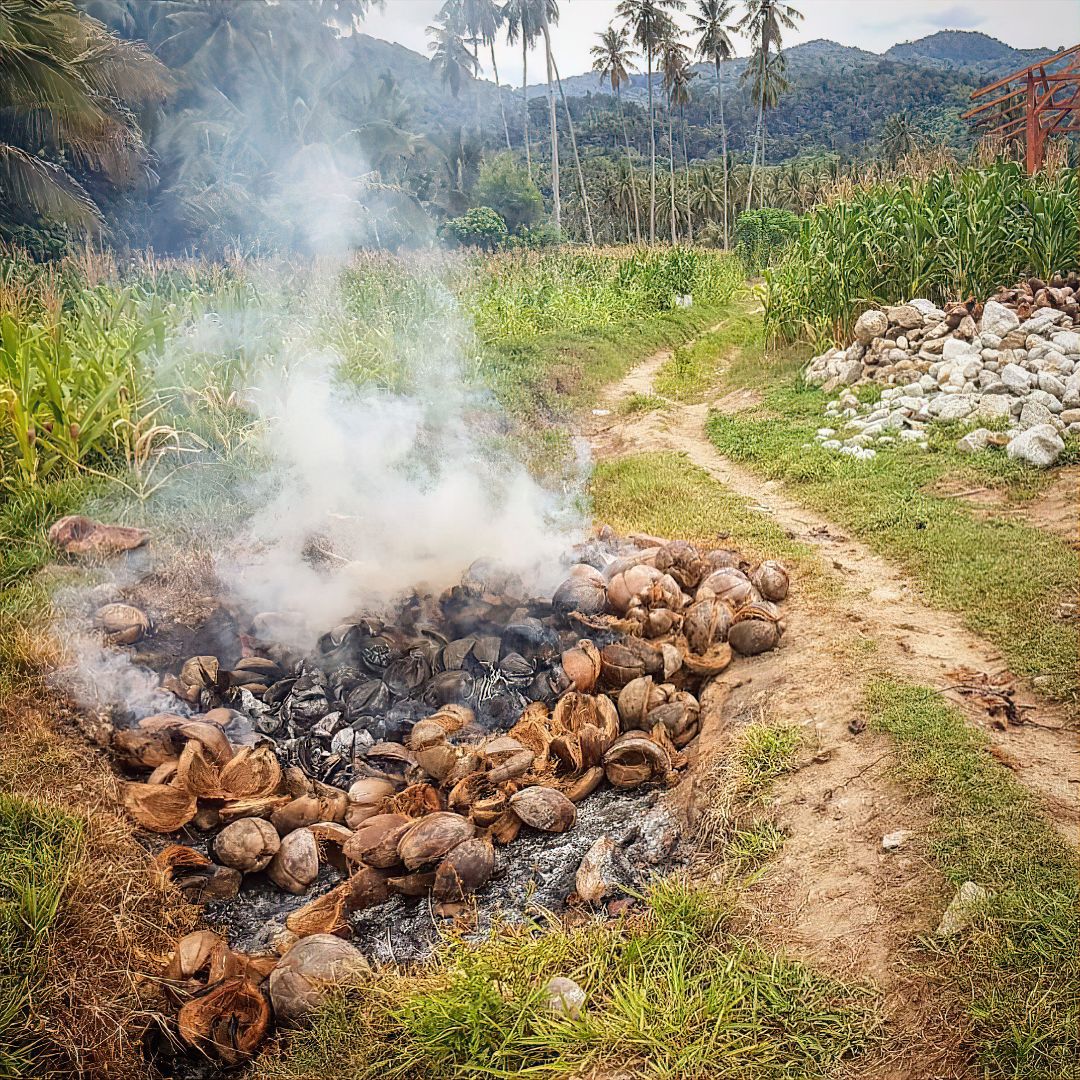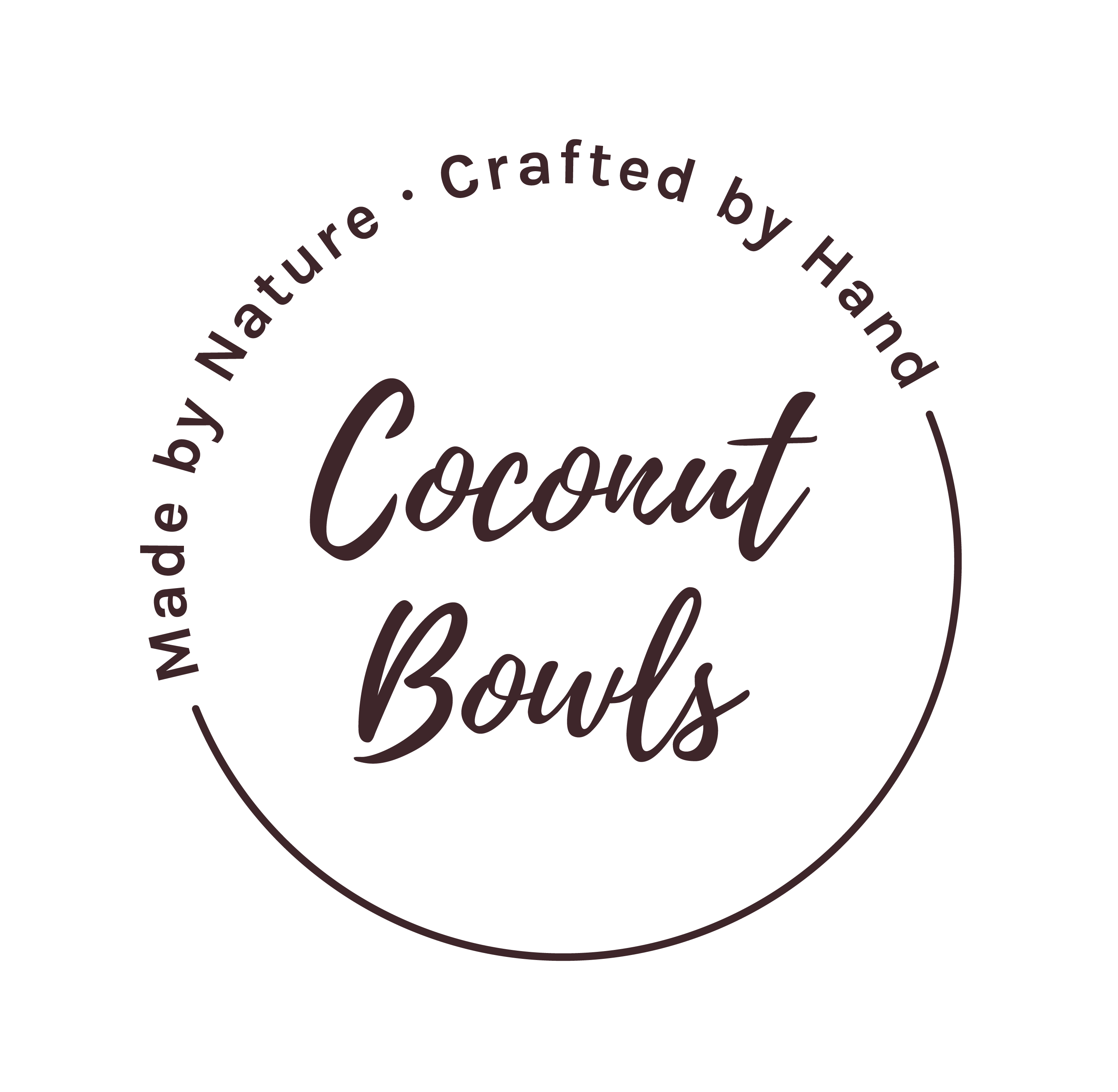Max La Manna is the zero-waste vegan chef from New York. He created his platform Eating With Max to promote waste-free vegan cooking and sustainable living. He inspires his community by sharing important information, tips, tutorials, recipes and more. We chatted to Max about his career as a chef, his transition to veganism and get all of his top tips on reducing waste.

Have you always wanted to be a chef?
Tell us about your journey to this career. As most children probably do they look up to their father and they want to be just like their dad. My father was a self-taught chef, but I don’t think I ever embraced the idea of actually being a chef until a few years ago. I moved to New York City 9 years ago and pursued a career in modelling and acting and later moved to Los Angeles after acting school. I’ve always worked in restaurants to pay the bills, but one day I decided that I wanted something different. I started baking vegan cookies for fun and later sold them to yoga studios. Months later, I fell in love and moved to Australia where my partner had a chocolate business. My time in Australia was a moment of re-focusing and re-centering as I proceeded to figure out what my purpose in life was. “To be happy”, so I asked myself “what can you do every day that would make you happy” as I watched the waves rolling in on Bondi Beach. I went home that night and started cooking. I was a completely different person from that moment onwards.

Working in the food and hospitality industry, what are the biggest waste issues the industry faces? How would/do you tackle them?
There are only two issues; food waste and plastic. Working as a private chef and hosting monthly pop-up dinners I am able to share with others the importance of not wasting food and our biggest issue, plastic. To reduce our waste and over-consumption, we first need to educate the consumer and of course, the restaurant. Food should never be thrown away in the first place. We are able to use unwanted food and start composting to bring more nutrients back to the soil and eventually back into our food for consumption. It’s a full circle. Benefits of composting and reducing plastic is the obvious and that you will save money, but also be reducing your carbon emissions and stop polluting our natural resources.

What has been your biggest highlight as a vegan, zero waste chef?
Seeing people change is the biggest highlight. It’s very inspiring to see people who thought they would never change and in fact, turn their whole viewpoint on the topic and begin to reduce, reuse and refuse what no longer serves them and our humanity best.
You went vegan in 2012, what was the biggest difficulty for you back then, and how much has the “vegan movement” grown in 6 years?
Going out with friends to eat was difficult. They didn’t understand what I was doing and why even after I explained my reasoning. It just didn’t make sense to them, but now the vegan movement has grown and those same friends are now asking me for vegan recipes.

What are your top 5 tips for reducing waste?
Compost! Your community probably has a drop-off for your food waste. Bring your own bag with you when you leave your home for all shopping purposes. I like having my glass bottle with me instead of using plastic water bottles. Eat more plants and less animal products – if you can go vegan do it! Lastly, look inside your rubbish bin an see what you throw away the most and start to find ways to reduce or reuse more.


